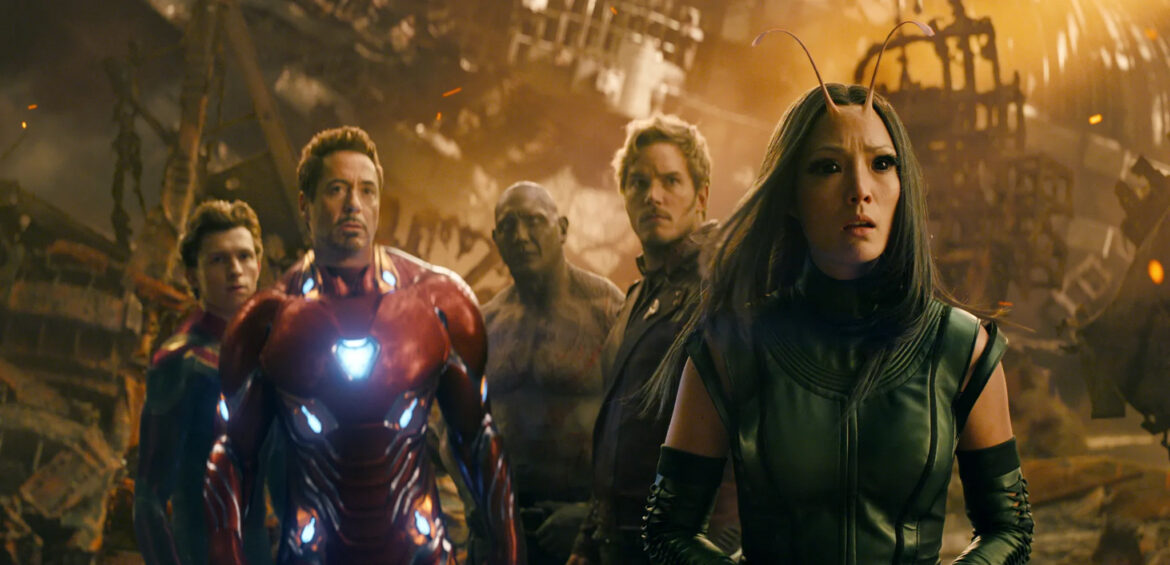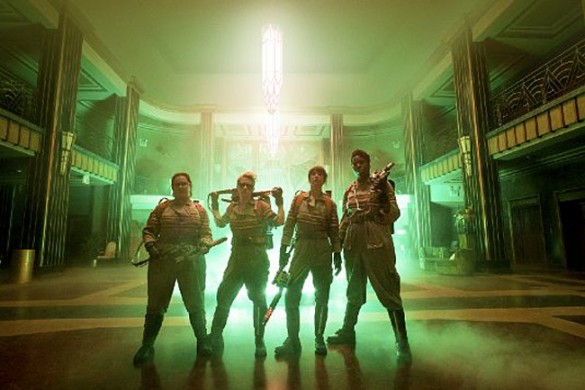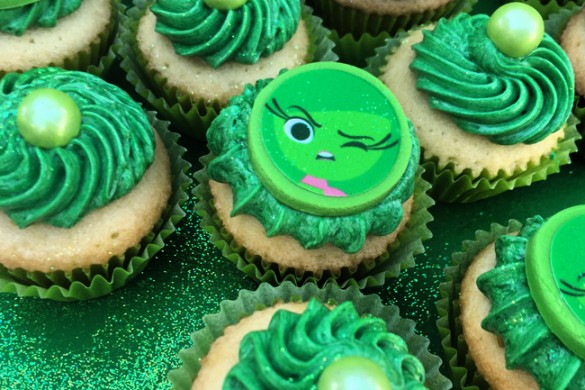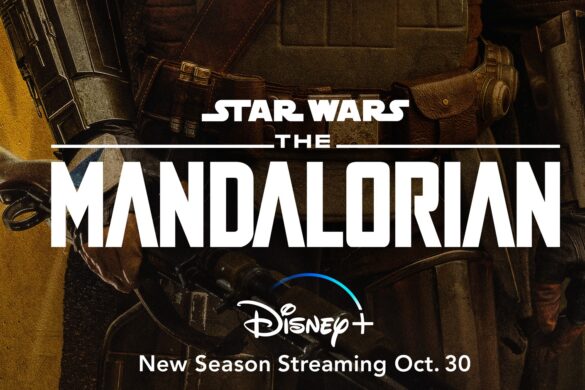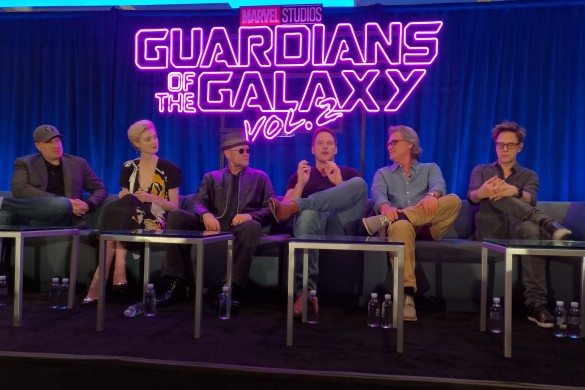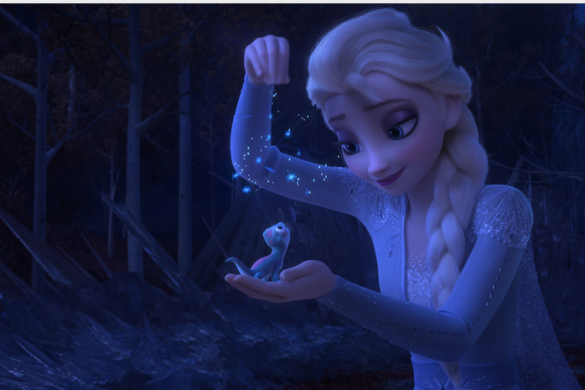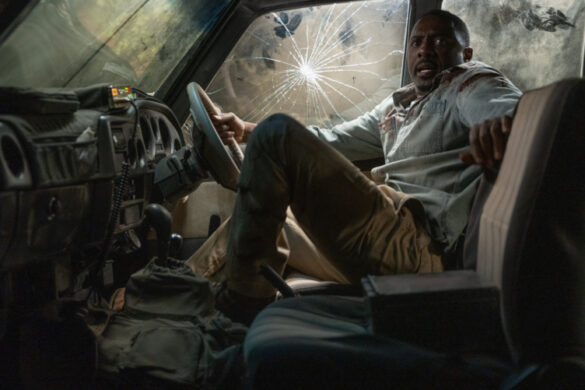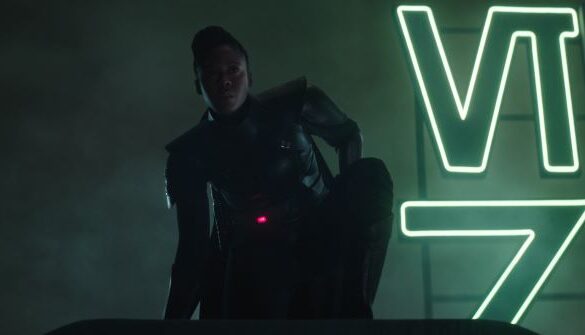Our third revisit of the Guardians of the Galaxy in the MCU finally takes us to “Avengers: Infinity War.” Throughout their two standalone films, our heroes were a small part of a 22-film grand story that took ten years to tell. Gunn’s films thus far dared to go against the traditional formula of what a superhero film should be and told the story of a misfit group of outsiders who become a family of gun-for-hires. Now, the Russo Brothers are charged with bringing them together with the Avengers. With that change comes a new opportunity to see our favorite group of a-holes from a new perspective of storytellers.
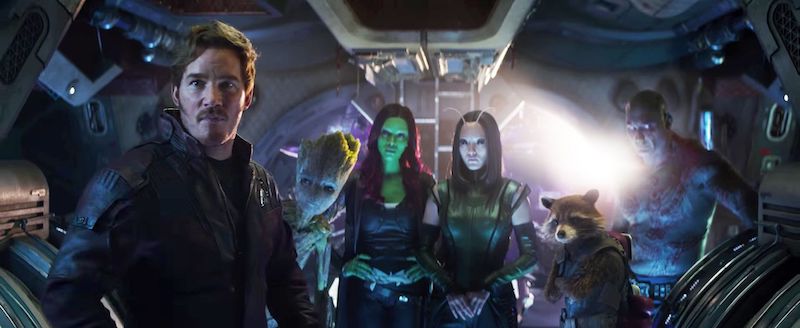
After the course of two Guardians of the Galaxy films, Peter Quill (Chris Pratt), Gamora (Zoe Saldana), Drax (Dave Bautista), Mantis (Pom Klementiff), Rocket (Bradley Cooper), and a teenage Groot (Vin Diesel with a higher pitched audio filter) have changed for the better and now have become the family unit that Gunn has built up to. While they are a ragtag group of misfits gun-for-hires, Gamora remains the strong moral compass who has to remind them they do what they do not because of the money but because they are Guardians. But, of course, Peter wants to uphold that reputation of being a couple of badasses, as they make like of their response to a distress signal as The Spinners’ “The Rubberband Man” plays on the Benatar’s loudspeakers. And even though Gamora scolds Quill and Rocket, the two agree that saving them is heroic, but it would be better if they got paid to do it.
Though Peter likes to see himself as the crew’s leader, he finds that status threatened when they rescue Thor (Chris Hemsworth) from the wreckage left behind by Thanos in “Infinity War’s” opening scene. No one seems to respect him as they body shame him in front of an unconscious Thor, whose body is like that of “a pirate who has had a baby with an angel.” It’s the kind of humor that has remained consistent with the Guardians until now. So it’s fun to watch all the infighting and name-calling when Thor awakens. The god of thunder watches as Quill and Rocket jostle over who is the captain of the ship.
Meanwhile, Thor briefly connects with Gamora over their mutual complicated family dynamics. With Gamora being the daughter of Thanos, Thor revealed to her that his father never told about their god of death, sister Hela, and his mischievous brother Loki whom he loved. Eventually, the group realizes it would be best if they split into two groups, with Thor taking Rocket and Groot to Nidavellir so that they can forge a new hammer, while the rest head to Knowhere to steal the Reality Stone from the Collector. Sure, Rocket calls the rest morons, but Quill calls him out for joining Thor because it’s where Thanos won’t be.
So “Infinity War,” asks Peter to do the impossible. Make the sacrifice necessary to save the galaxy. By now, that unspoken love between himself and Gamora is out in the open, making it harder to fathom that their love can be broken when she asks him to kill him if Thanos captures her. It’s the kind of love he cannot simply let go of, especially after the death of his human mother and Yondu, whom he saw as a father. Gamora doesn’t want Thanos to find the Soul Stone. She knows what happens if Thanos succeeds. So she makes Quill swear on her mother that he would have to shoot her should the time come. Quill makes light of the situation by asking which one of the grenades is the strongest to blow off Thanos’ nutsack.
Eventually, the impossible does come, and Quill has to make a choice on whether or not to shoot a captured Gamora. It plays into the idea that the Guardians have seen so much sacrifice and personal loss that shape them into the heroes they are now. But that is turned on his head when the galaxy’s fate is in Quill’s hands. So he’s justifiably angry when he has to make that choice because his other family sacrificed themselves of their own free will. In contrast, he is being asked to kill someone for the greater good. And so it makes it that much harder to watch when he accepts his fate and shoots Gamora. Unfortunately, Thanos warps reality using his newly acquired stone, turning Quill’s blaster into bubbles. Essentially, the Mad Titan robs Quill of his ability to mourn, much like earlier when he reveals that Gamora had killed an illusion of him. Using her sword and the switchblade he had given her, the moment represented a sense of closure she had been looking for after years of abuse. But, of course, “reality is often disappointing,” and the arrogant Thanos revealed what she had done was for nothing. Expecting that those tears she had shed were for him for his death, he takes her with him, not as an act of love but to further his goals.
Often we hear him justify his salvation to starvation and destruction due to the finite resources by imposing violence. “The children born have known nothing but full bellies and blue skies,” he says. According to his calculus, the universe needs correction because the recourses around the galaxy are finite, so by bringing balance to it, those who survive will know nothing but everlasting peace. And although Thanos reminds Gamora that she shared his will, she defiantly argues against that theory.
During this scene, we see Gamora and Thanos together for the first time as father and daughter. At least, that’s how Thanos is convinced of that. She constantly rejects the familial designation even though he would have offered her his throne, or he reminds her that she has fought by his side during his cosmic conquest. Everything that she hates about herself, he taught her. Thanos says that it’s because of his teachings that made her the fiercest woman in the galaxy. And it’s because he taught her that he knows when she is lying to him.
Gamora reflects Thanos’ strength, twisted sense of generosity, and brutal honesty, which is why Thanos can see through her because she is so bad at lying. As such, he knows he better than she knows herself and can use her love for Nebula against her. Unable to see her be tortured any longer, Gamora reveals the location of the next Infinity Stone, not realizing that she has sealed her fate.
Thor’s quest to forge Strombreaker on Nidavellir is essential to giving Thor a new weapon. It also reveals a surprising character turn for Rocket, who has played the part of a brash and selfish trigger-happy gun-for-hire. He sees how Thor cannot cope with his loss to Thanos, which resulted in the death of his people and his brother. Though the god of thunder likes to think he is prepared for his second fight with the Mad Titan after he gets Strombreaker, Rocket isn’t convinced. In fact, Rocket has to remind Thor of Thanos’ reputation and that he has lost to him already. He’s not even convinced that Strombreaker can do the job. So Thor only believes he is alive because fate wills it, and the enemies he’s fought would have instead killed him. But, of course, none succeeded, which is why he thinks of Thanos as another bad guy in a long line of bad guys and that even if he dies, he can’t lose any more than he already has. To which, Rocket reverts back to his sarcastic ways by saying he could lose a lot. And in a kind gesture, we see him going along with this mad plan by giving Thor a spare eye that he has been carrying around with him. Again, carrying odd trinkets like body parts is something we should expect of Rocket – and it makes it all the more fun when he asks for Bucky’s new Vibranium arm later on.
We also see Groot’s arc and his role in “Avengers: Infinity War.” The film presses on the themes of sacrifice by having audiences watch the walking tree cut off his own arm to form the handle for Strombreaker. It’s not so much that it was unexpected. Still, considering that he’s played off as a rebellious teenager, it was a nice moment for him.
Back on Vomir, Thanos’ ambitious plan to bring forth balance to the galaxy also exposes his vulnerabilities and parental love. On the planet, he is confronted by a banished Red Skull who informs him that the powerful stone holds a certain wisdom. However, it cannot be obtained so easily and requires a sacrifice of a loved one. Gamora sees those rules as a cruel twist of fate because she believes Thanos has never loved anyone. Looking into the abyss, Thanos realizes that he’s already ignored his destiny for far too long and is willing to sacrifice his daughter to accomplish what he set out to do. “A soul for a soul,” as Red Skull puts it, knowing that possessing such a powerful item comes at a heavy price. He can put his logic ahead of his emotions to prevent what happened on Titan from happening again.
At the same time, Thanos’ pursuit of the stones and successfully wiping out half of life is his way of mourning his daughter. Put that in contrast with Peter, who can’t mourn when he realizes what happened to Gamora. As such, he takes out his anger and rage on Thanos, thus upending his plan to stop the Mad Titan. That course of action helps the film move the story forward at the price of Quill’s happiness. Once again, he’s lost what’s so precious to him and has let his emotions revert him back to his old ways. Without that moral compass or North Star, he lacks clarity. So when he first meets the Avengers on Titan, he is a shoot-first and asks-questions-later guy. With anger clouding his judgment, Quill accuses Tony Stark (Robert Downey Jr.), Peter Parker (Tom Holland), and Stephen Strange (Benedict Cumberbatch) of working with Thanos. Quill reverts to his old man-out-of-time ways and is overjoyed when Peter Parker (Tom Holland) recognizes that the Guardians stopped Ronan with a dance-off like in Footloose. Those out-of-date pop culture references are fun, but it reveals that Quill is lost without Gamora.
With so much talk of sacrifice, it ultimately makes what the Avengers were willing to lose meaningless since, in the end, Thanos was able to pull off the victory. That might have come at a cost since he lost everything from his army to his family. Even if he could detach himself from his emotional connections, his isolation on a remote planet seems like just recompense because he was willing to do what no one else would. Even though the Avengers and Guardians suffered a devastating loss, the film doesn’t give them the time or space to come to grips with it. Most of that is saved for Endgame, which more or less handles it less delicately than expected. Still, it does lay out the groundwork for the next chapter for those a-holes, who play a vital part in the Avengers’ mission to undo Thanos’ genocide.
Guardians of the Galaxy Volume 3 is in theaters May 5, 2023.
Guardians of the Galaxy Volume 1 here:
Guardians of the Galaxy Volume 2 here:

